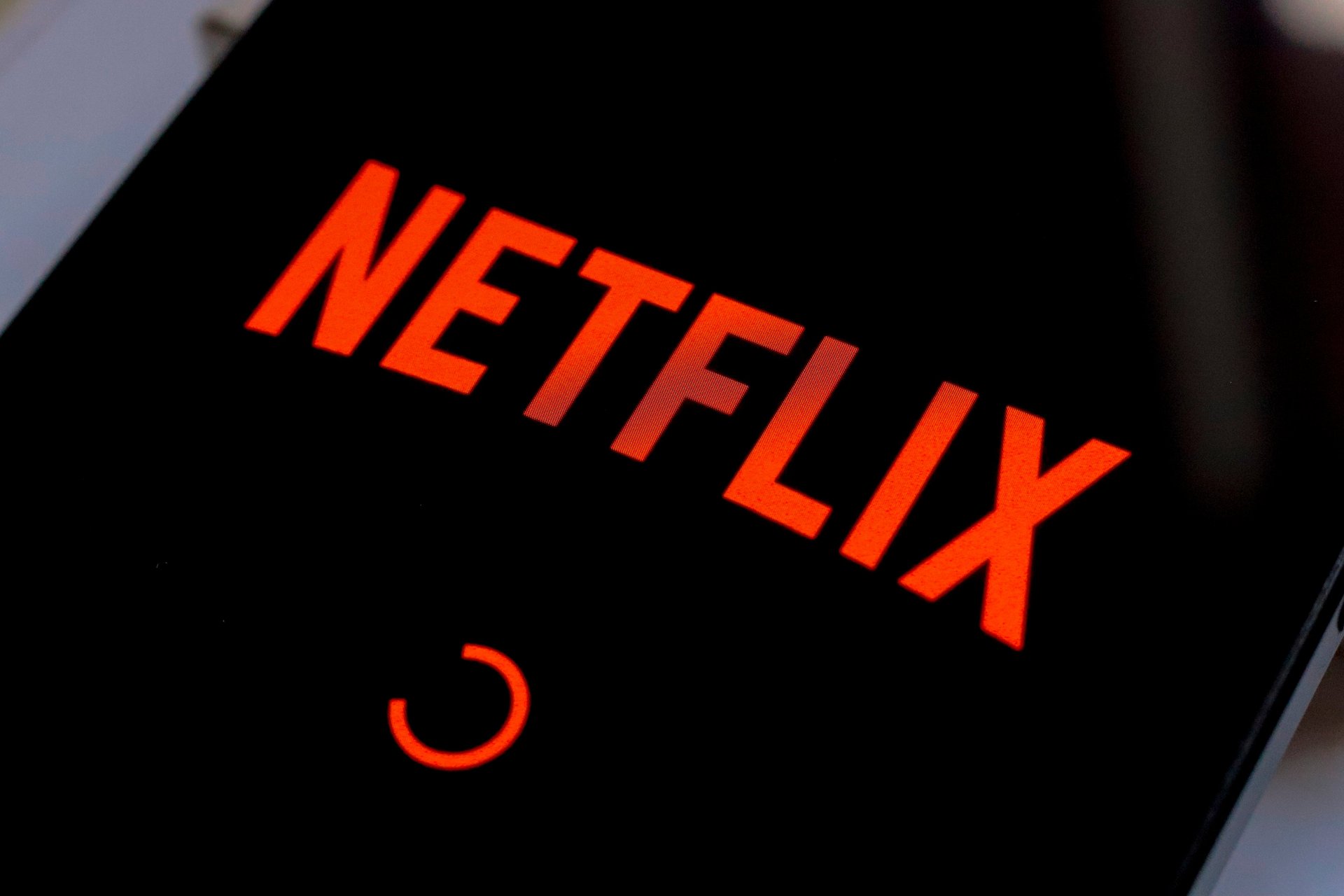Maybe Netflix should replace Tesla in the 'Magnificent Seven'
JPMorgan analysts forecast that Netflix stock will rise over 15%

Investors have relied on big tech stocks as safer investments during an uncertain macroeconomic environment. Now, inflation is cooling further, and the Fed is dropping more hints that interest rate cuts are around the corner. So traders are selling off so-called “Magnificent Seven” tech stocks.
Suggested Reading
Microsoft, Amazon, Meta, Nvidia, and Tesla shares dropped late this week. If the trend continues, and traders begin reshuffling their investments toward sectors that have suffered through inflation and high interest rates, tech stocks might be in trouble after a year of record highs.
Related Content
Tesla initially suffered the most. Its share price sank 8% after a “meme-like” rally. Shares surged more than 45% after reporting better-than-feared second quarter deliveries at the beginning of the month. But Tesla’s stock sank back towards Earth after delaying the debut of its robotaxis and fell further on news of easing inflation.
As the immediate future looks less certain for Big Tech stocks — especially Tesla — Netflix could be a good place for investors to place their faith. While the stock is not part of the so-called “Magnificent Seven,” it’s outperformed most of the Big Tech stocks for the year-to-date (barring Meta and Nvidia). Netflix’s stock price is up 34% since the end of last year, and more than 70% over the last five years.
While Netflix shares have notably sunk over the last week, like other tech firms, JPMorgan analysts see Netflix outperforming already-high expectations on Wall Street when the company reports its second-quarter earnings on July 18.
JPMorgan’s Doug Anmuth on Friday raised his price target for Netflix to $750 — $100 higher than its share price in midday trading. Anmuth, a Netflix bull, said he anticipates the company will report 5 million to 6 million net new subscribers for the second quarter, higher than the FactSet consensus estimate of about 3.7 million. He added that Netflix stock could prove more resilient than other companies’ shares in varying economic environments and currently has the benefit of being exempt from heavy, AI-related capital expenditures faced by companies such as Meta, Google, and Amazon.